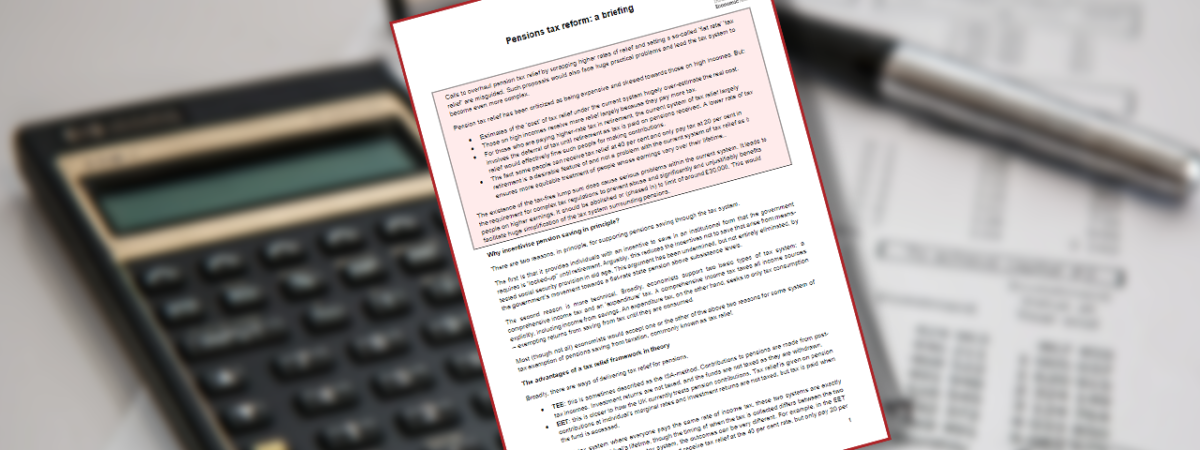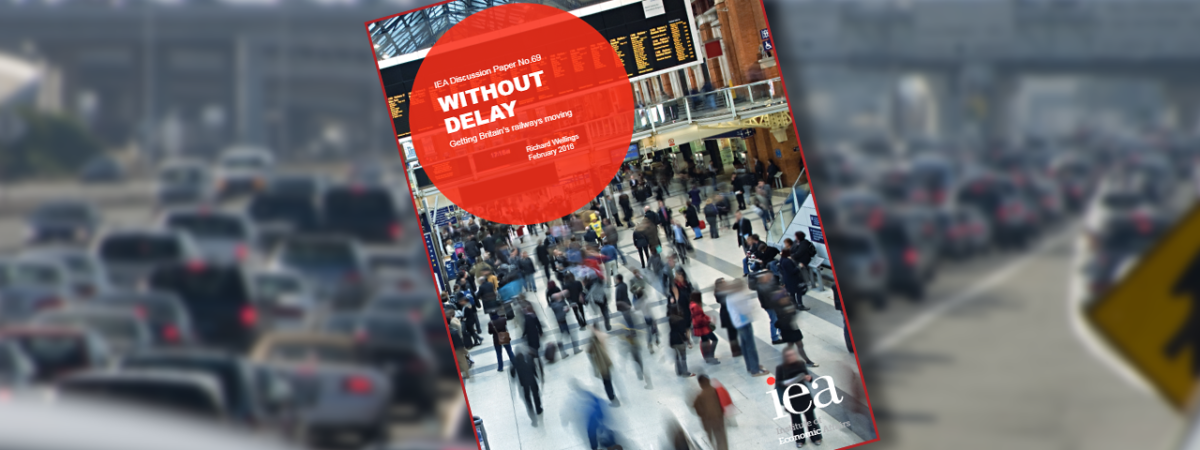2016 Index of Economic Freedom
SUGGESTED

Flat-rate pensions ‘tax relief’ would be devoid of any economic rationale

Abolishing Network Rail could save families £180 each year

The twenty-second edition of the Heritage Foundation's popular survey of economic liberty
The vast majority of the region’s economies are at least “moderately free” by Index standards, and one (Switzerland) ranks among only five economies in the world ranked “free.” But growing tax and labor burdens, along with high government spending and market-distorting subsidies, are saddling the region with stagnant growth and mounting debt. Years of public-sector expansion is taking its toll.
Launched in 1995, the Index evaluates countries in four broad policy areas that affect economic freedom: rule of law; limited government; regulatory efficiency; and open markets. There are 10 specific categories: property rights, freedom from corruption, fiscal freedom, government spending, business freedom, labor freedom, monetary freedom, trade freedom, investment freedom, and financial freedom. Scores in these categories are averaged to create an overall score.
Economic freedom grew in 21 of Europe’s 44 graded countries, and declined in 22 others (Kosovo, which wasn’t graded in the 2015 edition, earned a 61.4 score.) Europe now has five “mostly unfree” economies (Croatia, Bosnia and Herzegovina, Moldova, Greece, and Russia) and two “repressed” economies (Ukraine and Belarus). Serbia, the region’s most improved, rose by 2.1 points, cementing its place as a “moderately free” economy.
Croatia, meanwhile, declined by a regional-worst 2.4 points, tumbling into “mostly unfree” status. Russia lost 1.5 points and is perilously close to becoming a “repressed” economy. It “faces bleak prospects for long-term economic growth in the absence of an efficiently functioning legal framework and continued heavy government interference in the private sector through myriad state-owned enterprises,” the editors write.
Nations that have enacted policies to curtail spending and shrink government — such as Estonia, Lithuania and Latvia — continue to gain economic freedom, the editors note. They have overcome severe recessions, moving up in the Index rankings every year since 2012, and outperforming older members of the European Union such as Portugal, France and Italy, all of which became less economically free last year.
The world average score of 60.7 is the highest recorded in the 22-year history of the Index. Thirty-two countries, including Burma, Germany, India, Lithuania, the Philippines, Poland and Vietnam, achieved their highest-ever Index scores. Among the 178 countries ranked, scores improved for 97 countries and declined for 74. Over the period covered by the 2016 Index (mid-2014 to mid-2015), scores improved in half of the freedoms measured by the Index editors, most notably in investment freedom.
For the full index, go to the Heritage Foundation.
Read about the UK’s ranking here.



